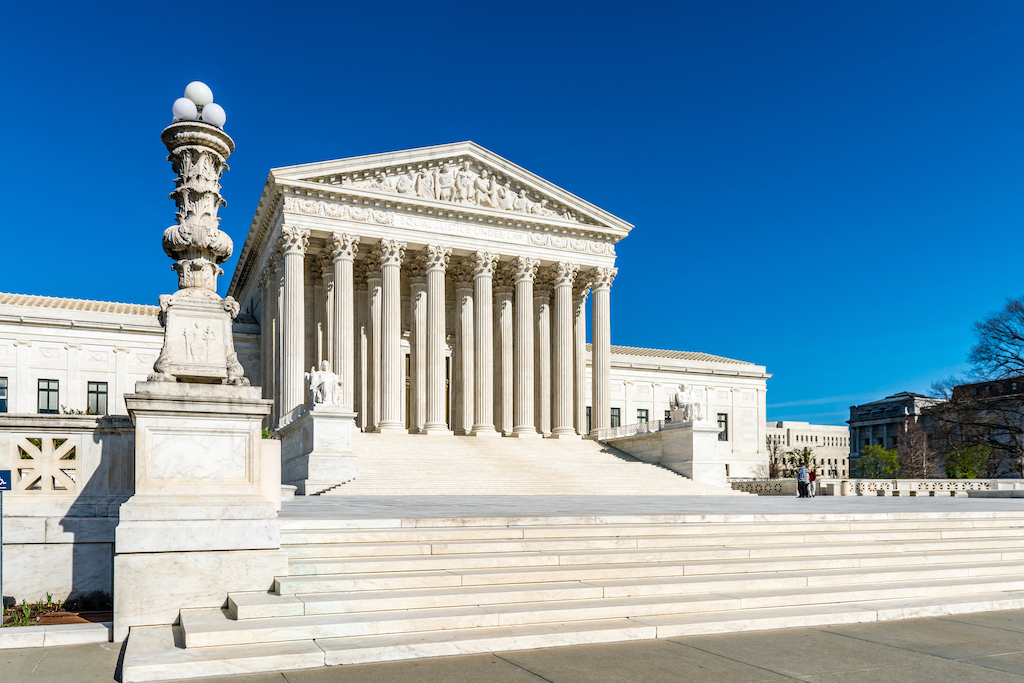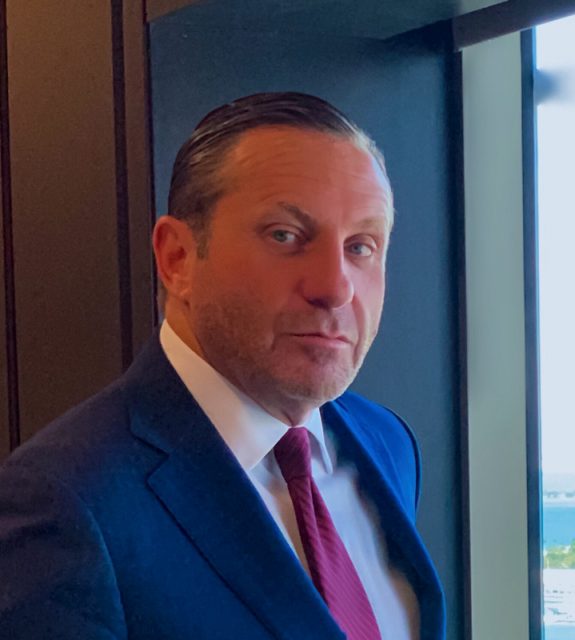
Two industry groups, NetChoice and the Computer & Communications Industry Association, have jointly filed a detailed 52-page brief with the U.S. Supreme Court, urging the court to support a ruling that halted significant segments of a 2021 Florida law focused on imposing restrictions on major social media companies. This legislation, backed by Governor Ron DeSantis and the Republican-controlled Legislature, has sparked controversy as critics argue that it was crafted to target social media platforms deemed to hold a liberal standpoint.
The essence of their argument revolves around the notion that the law infringes on the principles of the First Amendment. Their 52-page brief emphasized that while the state holds the freedom to express disapproval toward websites regarding content dissemination decisions, the Constitution prohibits the state from overruling those editorial choices and imposing its own judgments. It compared this scenario to the state dictating what pieces the New York Times publishes or which interviews Fox News airs. The argument stands against Florida dictating content policies to platforms like Facebook and YouTube.
The U.S. Supreme Court agreed in September to take up this case, coupled with a challenge to a similar Texas law, but the date for arguments remains unannounced. Florida’s attorneys have until January 16 to submit a brief to the Supreme Court as they seek to reverse the 11th U.S. Circuit Court of Appeals’ ruling that maintained most elements of a preliminary injunction against the law.
This legislation was spurred after former President Donald Trump faced bans from Twitter (now X) and Facebook following the January 6, 2021, Capitol riot. The law aimed to prevent platforms from banning political candidates, enforce consistent application of content standards, and impose penalties for non-compliance. It sought to hold companies accountable by imposing significant fines for actions such as removing political candidates from their platforms.
The industry groups, in their legal challenge, highlighted the law’s discriminatory nature, applying only to specific large social-media platforms while sparing others. They argued that the law attempts to enforce the dissemination of third-party speech against the platforms’ will, favoring certain ideological messages while sparing others.
This legal tussle emerged after Tallahassee-based U.S. District Judge Robert Hinkle issued a preliminary injunction against the law, describing it as vague and imprecise. The 11th Circuit’s support for this injunction further underscored the uncertainty and legal intricacies surrounding this Florida legislation.
In essence, the arguments put forth by NetChoice and the Computer & Communications Industry Association seek to challenge the constitutionality of the Florida law, emphasizing its implications for free speech and the regulation of online content.


















